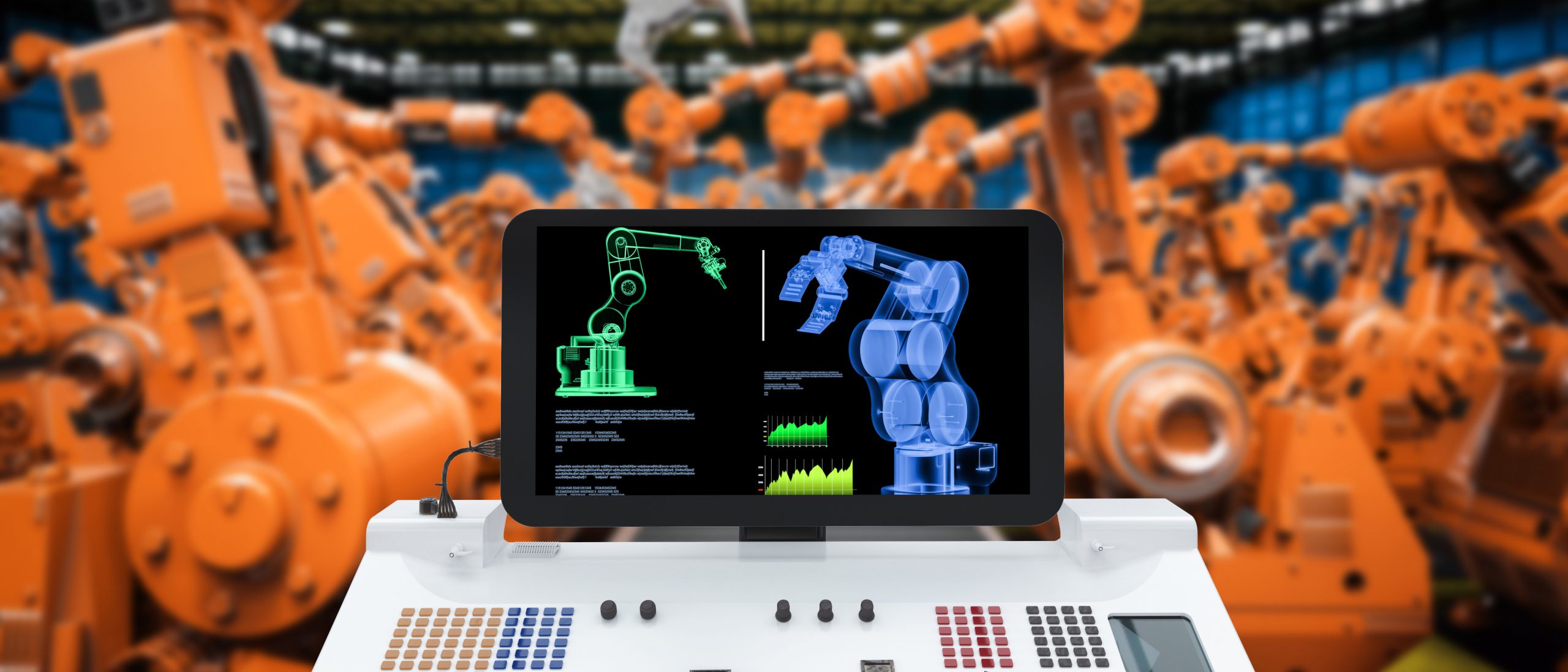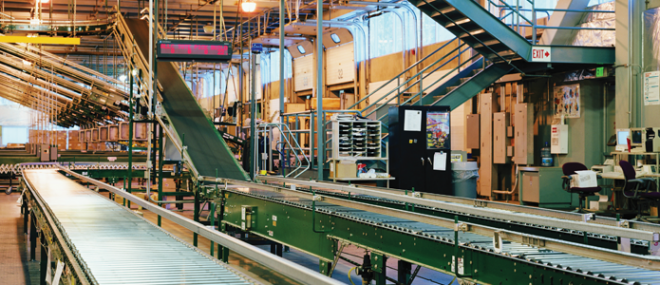The digital revolution is pushing connection, interconnection, and machine learning to the fore of manufacturing trends. Tools like cloud storage help keep data in arms-reach for employees to share more readily, while machines are getting better at talking to each other and relaying their information back to the people in charge.
But with closer connection and more available data, organization is paramount. Data analysis is taking centre stage, and manufacturing businesses will need to put more effort into managing and making sense of the data. Here are some ways digital disruptors in manufacturing are shaking things up, and how manufacturing trends could develop in the year ahead.
IoT and Industry 4.0
The Internet of Things (IoT) is the darling of the digital world, and the manufacturing industry is at the forefront of the movement. IoT continues to streamline and connect various processes, ushering in the age that’s known as Industry 4.0: a vision of a factory (or worksite) that’s online, interconnected, and intelligent enough to make its own decisions. According to experts, up to 28 billion devices could be connected to the Internet by 2020.
In this newfound network of manufacturing tools and equipment, is there a place for the human helper? The outlook of this manufacturing trend is fairly optimistic, with some insisting that as smart machines takeover manual tasks, they free up people to concentrate their efforts in other areas, like collaboration for innovation. Industry 4.0 is also changing expectations and capabilities when it comes to post-sale support, which could bring big opportunities for businesses to build trust – or lose ground to their competitors.
Up to 28 billion devices could be connected to the Internet by 2020.
AI is changing the landscape
Machine learning isn’t new, but it’s accomplishing new things in manufacturing: advanced algorithms are changing everything from the way information is collected to how consumer behaviour is predicted. The hands-on manufacturing model is giving way to one in which sensors and robotics do the heavy lifting and careful quality control, which can help optimize accuracy and workflow.
Artificial Intelligence (AI) pioneer and Google alum Andrew Ng has spearheaded an initiative called Landing.ai, a startup that aims to bring AI into the manufacturing industry. While AI is a fixture in industries like IT, it hasn’t yet been used extensively in other sectors. However, there’s plenty of opportunity for this sophisticated automation in a heavily-automated industry like manufacturing.
Robots are closer colleagues
Robots were once limited to assembly lines, but now they’re taking on a variety of dextrous tasks in factories and beyond. As their capabilities advance, robots can stand in for people when the work is too dangerous or too demanding, and even perform delicate tasks that are too precise for human hands.
The self-driving truck is one example of modern robotics in action: as the technology continues to be refined, more semi- or fully autonomous vehicles could pop up in manufacturing operations to carry out transport tasks without the need for human drivers. The sensors that allow the machines to talk to each other and relay data back to the company are some of the most valuable elements in today’s robotic tools, and an important driver of manufacturing trends.
Smart materials, smart processes
3D printing is a game changer for the manufacturing industry. The technology is effectively shifting the power of manufacturing: now every business and individual could manufacture a product, as long as they have access to the right type of printer. This on-demand production could disrupt supply chains and spare part manufacturing, changing the landscape of the manufacturing industry.
Not only are design and production taking new forms, but the materials themselves are advancing in remarkable ways. “Smart” materials are being engineered for superior strength or functionality; some can be self-cleaning, while others are flexible enough to revert to their original shapes. These new materials could bring more versatility and efficiency to traditional manufacturing tools and equipment.
Will political change create problems?
Political leanings are shifting at home and abroad, and this could spell trouble for current trade laws. Since international trade is such an important element in the manufacturing industry, changing trade agreements might be one of the biggest disruptors to the industry as we know it.
A recent PWC report pointed out how nationalist trends in countries across the globe may be setting the stage for a freeze in manufacturing growth, with higher import duties and tariffs affecting companies around the world. And in the face of a shrinking market, innovation and efficiency becomes even more important to sidestep risks and keep a business afloat.
The need for personalized service
It’s becoming apparent that modern manufacturing companies need to cater to the individual: the right products must be delivered to the right person at the right price and right time. Customer expectations are high, and competition for their attention is fierce. While robotics and AI are becoming more sophisticated – and more important for your operation – the human touch of exceptional service is incredibly valuable, and the most successful companies will find a way to strike a balance between the two.
Want more insight into today’s manufacturing risks and challenges? Our experts have a wealth of industry expertise – find out how we can help your business!




